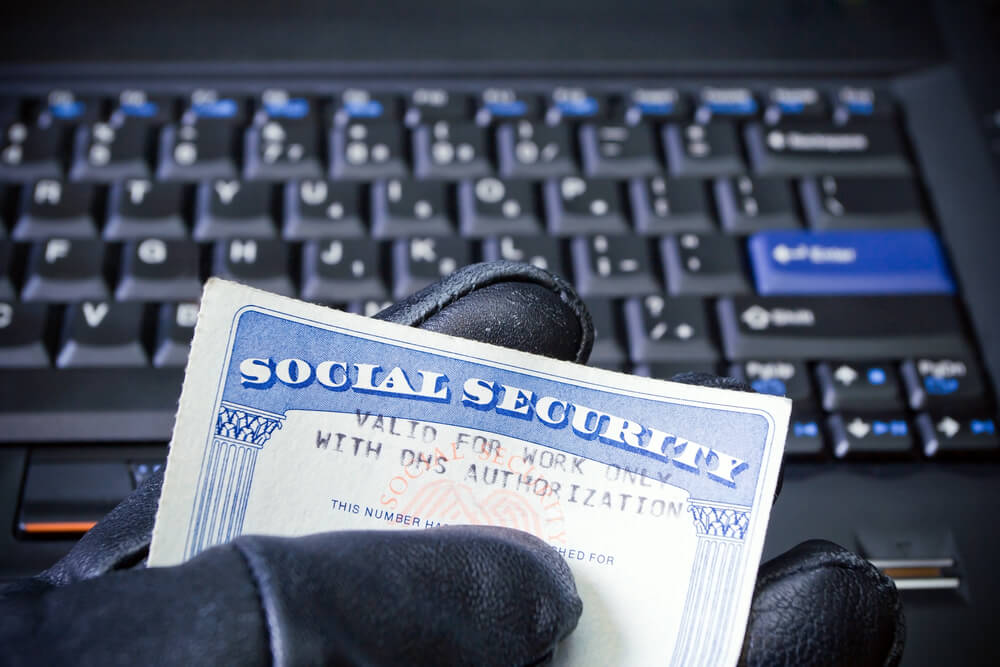The Social Security Administration has released a new public service announcement to educate people about the dangers of scams that target beneficiaries and their personal information.
The new PSA comes as con artists and scammers continue to develop new ways to steal Social Security numbers or other account information.
A popular tactic by scammers is through the phone, where scammers impersonate a Social Security Administration employee. The thieves will then convince the victim that their Social Security number has been stolen, and they need to make a payment through cash or gift card purchases in order to fix the problem.
And scammers are always looking for new ways to pull the wool over someone’s eyes. Con artists have now started sending official-looking emails that have SSA or Office of the Inspector General letterheads in an attempt to pry personal information from unsuspecting individuals. A good way to spot these emails is to look for spelling and grammatical errors.
Social Security Commissioner Andrew Saul is featured in the new PSA, where he warns against anyone calling about a problem with their Social Security account.
“I want every American to know that if a suspicious caller states there is a problem with their Social Security number or account, they should hang up and never give the caller money or personal information. People should then go online to oig.ssa.gov to report the scam call to Social Security,” said Commissioner Saul in the PSA.
Here’s the PSA in full:
The SSA will occasionally contact individuals, but it’s generally someone who has business with the association. It may also call people who have recently applied to receive their Social Security benefits, anyone who has requested to talk to someone at the agency or someone who needs to update their records.
Most of the time, though, the SSA will send a letter if there is a problem with someone’s account. This includes payments that may need to be made to the administration.
The SSA says its employees will never threaten anyone, or promise any kind of change or increase in benefits to an account in exchange for money. If that happens, the SSA suggests the person should just hang up the phone and report the incident using the link above.
Here are some other things Social Security will not do, according to the SSA’s latest press release:
- Tell you that your Social Security number has been suspended.
- Contact you to demand an immediate payment.
- Ask you for credit or debit card numbers over the phone.
- Require a specific means of debt repayment, like a prepaid debit card, a retail gift card or cash.
- Demand that you pay a Social Security debt without the ability to appeal the amount you owe.
- Promise a Social Security benefit approval or increase in exchange for information or money.
So in most cases, it’s best to just hang up the phone if the caller seems suspicious, or go ahead and delete any email that seems off. If Social Security really needs to contact you it will send an official letter using good ol’ snail mail.
• You can find all of the latest and most important news about Social Security here on Money and Markets.
For our friends: Anyone who wants to grow and protect their money in retirement needs to hear this. For the first time publicly, Bill O’Reilly comes clean about what happened to his money.
